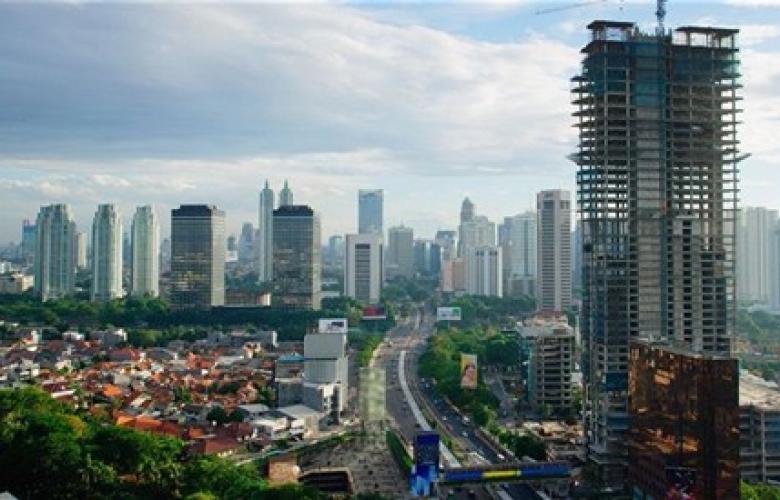2016 stimulating measures have not improved home buyer's take-up rate in Jakarta - Colliers
Contact
2016 stimulating measures have not improved home buyer's take-up rate in Jakarta - Colliers
Colliers International have released their Jakarta Apartment research report.
Colliers International's latest Jakarta Apartment research report claims that measures introduced in 2016 were meant to boost property demand, including six policy rate cuts, relaxation for second home buyers and tax cut final sales tax for developers (to 2.5% from previously 5%), and on title transfer, on the acquisition of rights to property (BPHTB).
Nonetheless, the overall take-up rate, particularly for projects under construction, has not improved significantly. In the current soft market, developers tended to set the price carefully in order to keep sales active and attract potential buyer, but were unsuccessful.
However, several developers still have positive perception toward the market, as reflected by the number of newly introduced and launched projects in the end of the year, with 3,972 units, more than doubled the previous quarter’s number.
Colliers' Forecast at a glance
Supply
"We expect a huge supply of newly completed apartments in the next two years, with 28,014 and 24,298 units in 2017 and 2018, respectively. By location, apartment stock will be concentrated in West Jakarta and South Jakarta, representing around 22% and 20%, respectively."
Demand
"We foresee an improvement in the demand for apartments in the next year, due to the impact of a set regulation relaxation introduced in 2016, as well as better macro environment in 2017."
Rent
"We expect further easing in the rental of apartments for lease amid a weak demand. With the market generally looking pessimistic, management continues to offer rental discounts ranging between 10% and 15% from the asking rents."
Price
"Through a moderate to optimistic scenario, we expect apartment price to grow by 4% to 6% in the end of 2017, on the back of better economic projection, which in turn improves sales performance."
Although a significant surge in apartment demand might still be far off, Colliers believe that subtle improvements in underlying demand could be seen next year, due to slight increment in GDP growth in 2017, which can be seen as purchasing power improvement. Furthermore, together with unaggressive pricing strategy from developers, this should translate into better and increasing sales rate ahead.
All in all, the apartment market has been highly relying on people’s perception on the macroeconomic conditions. Hence, the demand is likely in line with the economic outlook of Indonesia. Although the economy seems stuck in the 5% growth range next year, there are reasons to believe that it is on track for stronger growth going forward. The government’s investment on infrastructure, the successful tax amnesty programme, interest rate cuts and increase in foreign direct investment (FDI) should potentially raise private investments, which in turn, would become a positive catalyst for the growth of the property market, but not in the near term.










